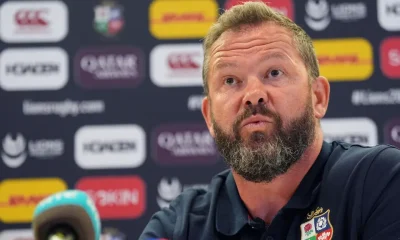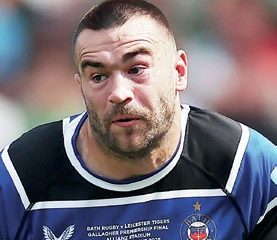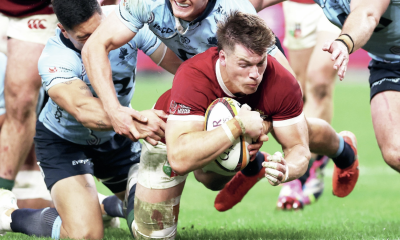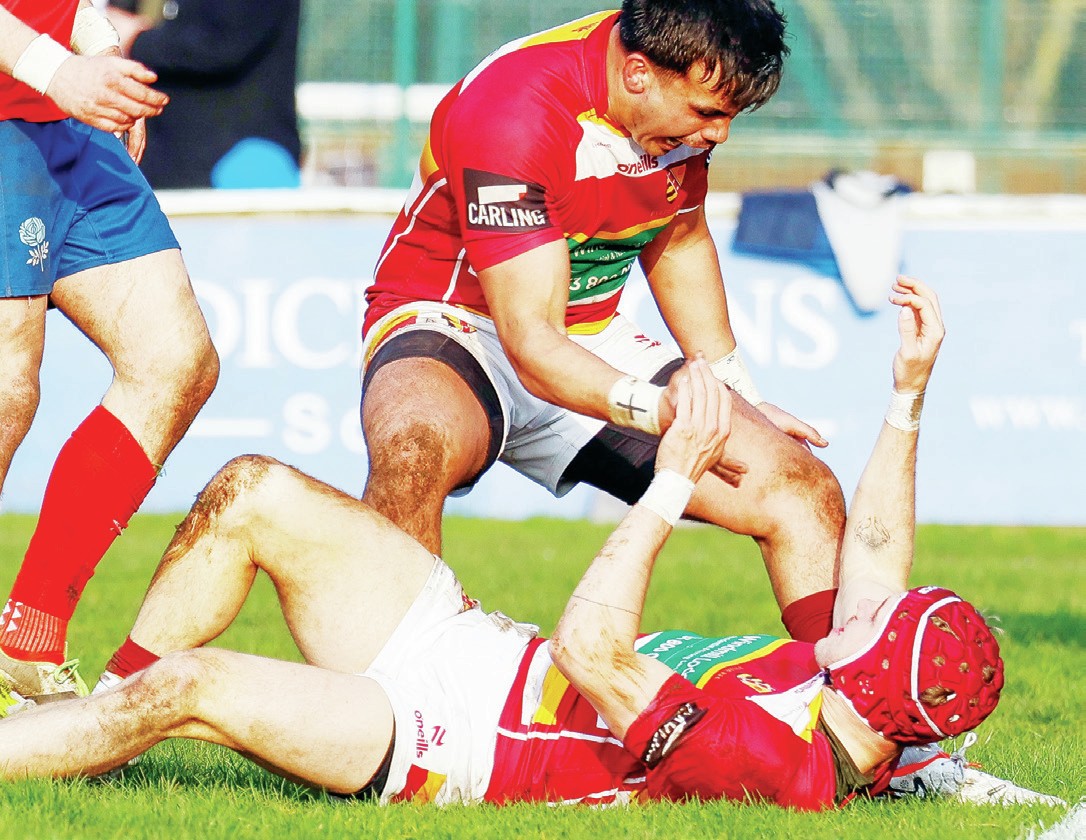Latest News
Schoolboy mates working as a team
More in Latest News
-


British and Irish Lions told: Beware Australian dirty tricks
Lions boss Andy Farrell warned his side to look out for Australian dirty tricks...
-


George Ford joins 100 club in England victory over Argentina
George Ford became the eighth man to make 100 Test appearances for England in...
-


Will Muir makes the most of his sevens training for England
Will Muir’s journey to a first England cap in La Plata started on the...
-


British and Irish Lions 21-10 Waratahs: Double for Huw Jones but Lions fail to impress
NSW Waratahs .................10pts Tries: Lancaster 34, Dobbins 41 British & Irish Lions ......21pts Tries:...






















